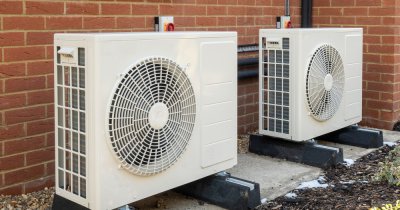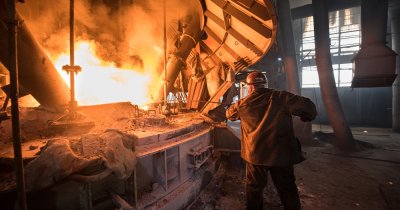According to Tech Crunch, they hope to invest in a wide range of startups, from travel and commuting, to agriculture, renewable energy and more.
Cutting on carbon emissions or capturing them altogether are activities that will also bring profit to companies in the next years.
A decade ago, the adoption of clean tech went down as gas prices also decreased due to fracking, which generated less interest in the more expensive renewable solutions.
This also caused many green tech companies to close, while others were sold at a loss, which generally put investors in a difficult position.
The Paris Climate Agreement in 2015 brought the interest back for renewable sources, as clean tech companies, such as battery-oriented ones, started to emerge once more.
In fact, startups that are specialized in battery tech are worth 40 million USD today and it is growing 18% every year.
These companies have helped with the further development of batteries for EVs, energy storage solutions and other devices that use them.
Christian Garcia, partner at Breakthrough Energy Ventures, said that "there’s a belief that countries and companies only care about climate when things are good."
Climate change is the main driver of the adoption of clean technologies, but simply replacing fossil-fuels with renewables and capturing carbon won't mean that the climate will go back to normal, since there are geographic implications to the problem, as well.
"Like all things, climate is cyclical — but it’s on a geologic cycle. The climate doesn’t stop changing just because of a recession. That means the need for solutions will only grow", added Andrew Beebe, managing director at Obvious Ventures.
Some investors think that climate tech will continue growing, despite the economic constraints that might appear in the future, due to the fact that the adoption of such technologies is essential for achieving our climate goals.
Amy Burr, president at JetBlue Technology Ventures, stated that "the pandemic has been a really challenging time for all sectors, but climate tech investments did not slow down due to its importance both at the individual level and at the corporate responsibility level. Because of this, I would expect that the sector continues to stay immune during a more severe economic downturn."
Investors also advise companies to carefully monitor their finances, as being sustainable in the green tech sector is even more important compared to other sectors, since sustainability is one of the premises of most of these startups.
Pae Wu, general partner at SOSV and CTO of IndieBio, said: "focus on being a sustainable business — get to fundamentals. You can’t buy your way to scale right now. Capex efficiency is increasingly on our minds and green premiums simply aren’t on the table."
Amy Burr added that "most of our sustainable portfolio companies have recently raised significant rounds and are in great shape or are raising now. That said, everybody is conscious of the potential for an economic downturn and what that might mean for their individual businesses. All startups are smart to make sure they are making wise choices with their money."
 Mihai - Cristian Ioniță
Mihai - Cristian Ioniță












Any thoughts?